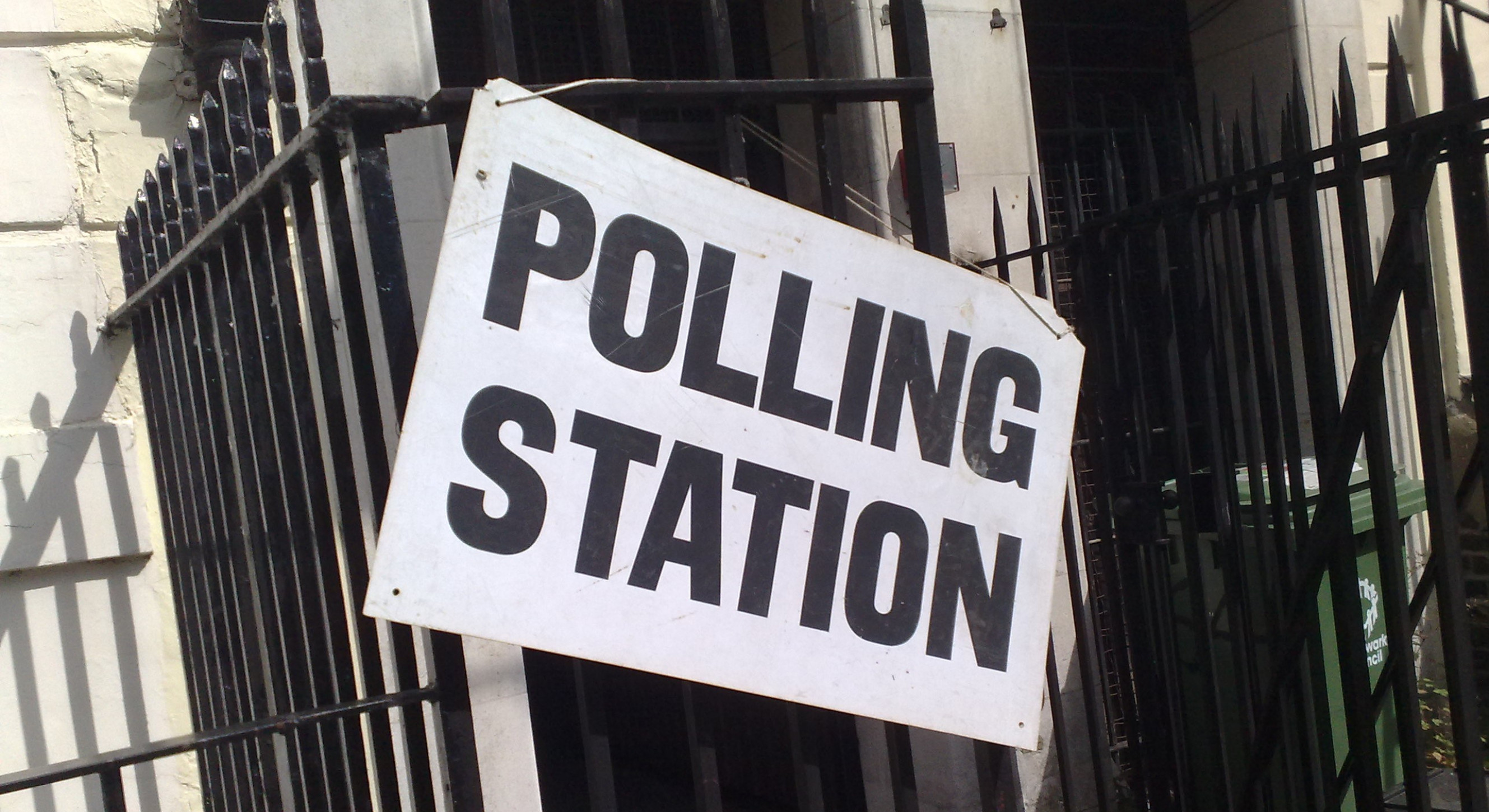The stakes are high at the upcoming election. Topical issues are defined by the future of Brexit and the consequences for the future constitutional settlement, a new immigration bill and protocols, new spending priorities, localism and representation. These issues are deeply important to Britain’s Irish community.
The Irish in Britain are a diverse and politically active constituency, our voice is needed now more than ever.
Our community makes up a sizeable proportion of voters. As many as 680,000 people living in Britain were born on the island of Ireland in the 2011 census. Those who identify as second or third generation Irish runs into the several millions.
As a result of the uncertainties the 2016 referendum, and in particular the issues of citizens’ rights and the Good Friday Agreement, the Irish in Britain have collectively engaged in the national conversation. They have also been applying for Irish passports in record numbers to maintain their status as EU citizens. There were nearly 100,000 applications from Britain last year. These are a growing constituency as the concept of the global Irish community evolves. Below, we cover some of the issues that are highlighted by our network as priorities for the Irish in Britain.
While the rights enjoyed by Irish people in the UK (including the rights to vote, access services and freedom of travel and work) have been guaranteed in all Brexit scenarios and prioritised by both the UK and Irish governments, there has been a rise in divisive rhetoric and migrant communities sometimes feel marginalised. Community organisations need to make a positive case for community cohesion and call on politicians to model a common space that invites meaningful participation.
It is essential that Ireland–UK relations remain close and the political infrastructure of the Good Friday Agreement, such as the British–Irish Intergovernmental Conference, provides a space for our politicians to continue to cooperate.
Another key topic for the community is cultural health inequalities. Compared with other major ethnic groups in the 2011 UK census, the Irish were the most likely to report that they lived with poor health. Commonly, Irish health issues are subsumed within the wider ‘white’ category. To tackle this, we raise awareness about culturally sensitive care in our health campaigns Green Hearts and Cuimhne, the Irish memory loss alliance.
Recent political messaging has also demonstrated the importance of active engagement from Irish community organisations. A few weeks ago, the Home Secretary Priti Patel called for a clamp down on Traveller, Roma and Gypsy ‘unauthorised encampments’ and greater powers for the police. Friends, Families and Travellers, an Irish in Britain membership organisation, have since shown that in a consultation last year, the vast majority of police forces did not want more stringent powers to shut down encampments and called instead for more provision for sites. We want to see Irish organisations continue to advocate for equitable social policy.
As a progressive membership body, Irish in Britain will always advocate for the common rights of all migrant groups, and where rights and entitlements diverge it is appropriate to ask how the contract between citizen, resident, migrant and the state is defined and therefore protected.
We strongly advocate that the new administration:
- commits to greater engagement with charities in order to ensure that our concerns are heard and our expertise utilised when formulating health and social care policy;
- provides clarity to all EU citizens in the UK that their rights will be protected in a Brexit scenario of any kind. EU nationals are a vital part of the lifeblood of the UK and their contribution to research, volunteering and charity is invaluable.
Resources
To further empower Irish organisations and individuals in Britain, we have put together some resources for the upcoming election, which are accessible here. This collection of documents includes a guide to the election, how to register and how to organise a hustings.
Questions
See below for questions for all political candidates standing for election on 12 December. Our work informs us that these are shared concerns.
- Good Friday Agreement: Reconciliation and frictionless trade underpin the peace dividend of the Good Friday Agreement and it must be safeguarded by institutional cooperation and positive Irish–UK relations. What will your party do to ensure that the Northern Irish border remains open and that free movement of trade and citizens on the island of Ireland is protected?
- Community cohesion: Partisan and divisive commentary has characterised Brexit debate in the media and within party political messaging. What will your party do to ensure that Irish people, Travellers and minority groups in Britain are part of a meaningful and respectful discourse?
- Common interests: In the context of the Windrush scandal, how can your party ensure that the rights and settlement status of different migrant groups are protected and secured through consistent and fair application of Home Office guidelines?
- Culturally sensitive care: How will your party ensure that Irish people and other migrant groups receive culturally sensitive care so that their health issues can be better understood and tackled?
- Mental health: Evidence shows that Britain’s Irish community is disproportionately affected by mental health issues but is less likely to access care services. Is there anything your party will do to change this?
- Community investment: Cuts to social welfare and local councils have undermined health and social care capacity across the country. How will your party respond to social care underinvestment?
